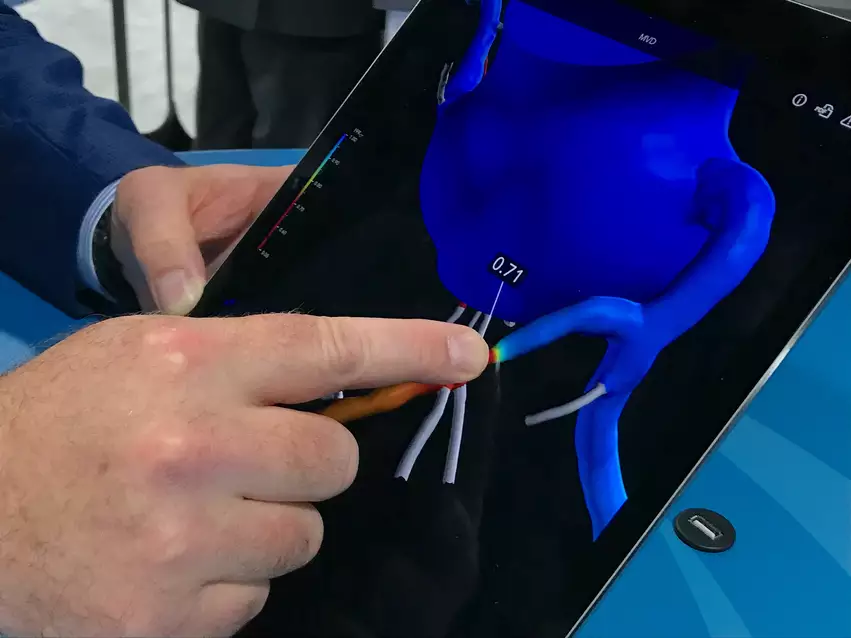Two leading voices in cardiac care are joining forces to discuss the diagnosis of coronary artery disease (CAD) in women.
Leslee J. Shaw, PhD, and Martha Gulati, MD, will speak Wednesday, March 13, at 2 p.m. ET for “Coronary Artery Disease in Women: Utilizing CCTA to Make an Accurate Diagnosis,” an exclusive webinar hosted by Cardiovascular Business and HeartFlow.
Shaw is a professor of medicine and director of the Blavatnik Family Women’s Health Research Institute at Icahn School of Medicine at Mount Sinai. She is also a former president of both the Society of Cardiovascular Computed Tomography and the American Society of Nuclear Cardiology.
Gulati, meanwhile, is the director of preventive cardiology at Cedars Sinai and associate director of its Barbara Streisand Women’s Heart Center. In addition, she was lead author of the writing group behind the 2021 American Heart Association (AHA)/American College of Cardiology (ACC) chest pain guidelines and currently serves as president of American Society for Preventive Cardiology.
Shaw and Gulati will detail some of the ways women with CAD present differently than men and highlight how computed tomography (CT) can be used to identify women who face a heightened risk of developing CAD. The 2021 AHA/ACC chest pain guidelines gave cardiac CT its highest recommendation, resulting in the modality gaining significant momentum among U.S. cardiologists.
Another key topic during the webinar will be FFRCT technology, which combines human analysis with artificial intelligence (AI) to produce a 3D model of a patient’s heart. The 2021 chest pain guidelines described HeartFlow’s FFRCT Analysis tool as a “reasonable,” “effective” way to diagnose CAD, signaling just how effective AI tools can be to cardiology workflows.
The presentation is recommended for general cardiologists, interventional cardiologists, general practitioners, nurses, imaging specialists, CT technologists and anyone else involved interested in learning more about how technological breakthroughs can be used to improve the heart health of women. It is scheduled to end with a live Q&A session, allowing attendees to ask Shaw and Gulati questions about this important topic.
Click here to register for free. A full recording will be available to anyone who registers once the webinar has concluded.


